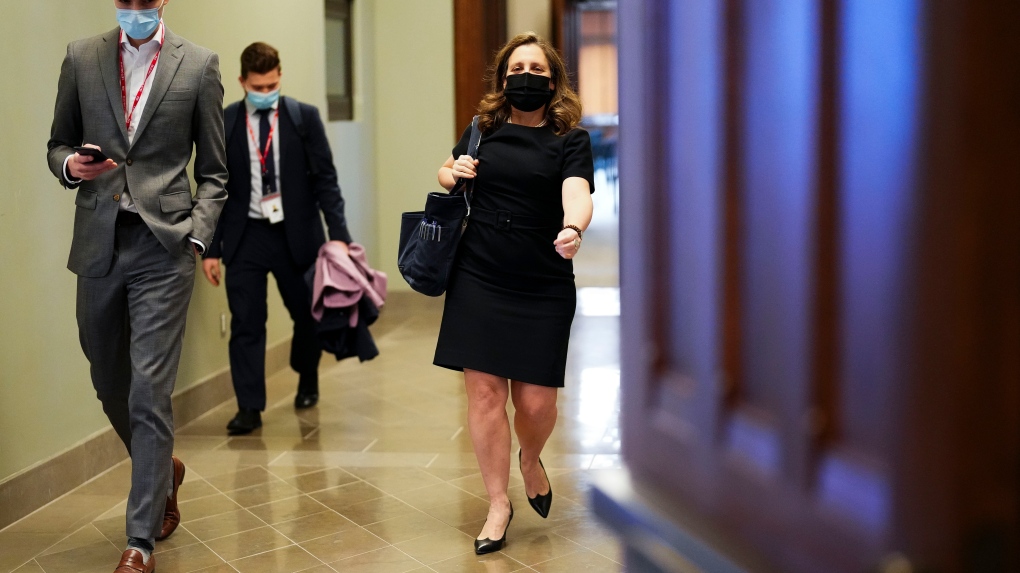Northern Light
Superstar
A bit of a step away from 'universal' dentalcare, but it is not insignificant. As always, the devil will be in the details as to how dentalcare is defined. If it follows most supplementary health coverage plans, services like crowns, implants, surgery, etc. as well as orthodontics are treated and covered differently than fillings, cleaning, etc.
I would prefer a Universal program for reasons both philosophical and practical. (example, many low-income people don't file taxes, how do they then access an income-contingent benefit?) But I will gladly accept this as progress.
As is most matters of federal funding, I suspect Quebec, and possibly Alberta if their current government lasts, will say 'give us the money without strings and we'll spend it as we see fit'.
To my surprise, and perhaps yours, what I'm hearing is that this will be a standalone federal program not done through transfers to the provinces.
This is how they can target launching the first phase this year.
Again, this begs the question of creating a second system for physician (dentist) payment and other duplication of infrastructure. Still again, progress, perhaps, if we're lucky setting the path for integrating this with regular 'medicare'.
Last edited:





